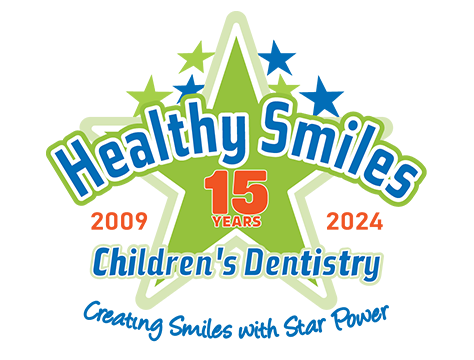Did you know that the American Association of Orthodontics recommends that children have their first orthodontic checkup no later than age seven?
This may seem early. After all, children at this age don’t even have all of their permanent teeth yet. However, checkups at a young age allow for early interceptive orthodontics.
The goal of orthodontics is to correct the alignment of the teeth and jaw. Early interceptive orthodontics (or stage one orthodontics) addresses alignment issues by creating a better environment for the permanent teeth that will come in later.
Keep reading to learn more about why your child’s dental specialist might recommend early interceptive orthodontics.
Early Interceptive Orthodontics Corrects Problem Habits
You may notice that your child’s front teeth look out of alignment due to a thumb-sucking habit. One form of early interceptive orthodontics is habit appliances.
These can help your child break habits such as thumb-sucking or thumb-thrusting and promote a better bite and alignment.
Narrow Jaw or Crowding
Frequently, a young child’s baby teeth are aligned closely together. When larger, permanent teeth fill the small gaps left by these baby teeth, there may not be enough room for proper alignment. As a result, grown-up teeth may even protrude and increase the risk of trauma.
Early interceptive orthodontics can help shift teeth into more ideal positions to make space for grown-up teeth. Early braces or palate expanders can facilitate this process.
Early Interceptive Orthodontics Helps with Jaw Alignment
A child’s jaw may not be properly aligned. Common alignment issues include a lower jaw that extends past the upper jaw (an underbite), an upper jaw that extends past the lower jaw (an overbite), or an upper jaw and lower jaw that are misaligned sideways (crossbites).
Early interceptive orthodontics, including dental appliances such as headgear, can help the jaw grow into a more aligned position. This minimizes the risk of complications and even jaw pain.
Conclusions
There are many benefits to early interceptive orthodontics. First, intervention helps correct issues in the mouth and jaw while a child is still growing, giving permanent teeth a healthier environment to erupt and grow. Additionally, early interceptive orthodontics may help your young child feel more comfortable and confident in their beautiful teeth and smile.
Contact us at Healthy Smiles Children’s Dentistry to learn more about early interceptive orthodontic treatments that can help your child as they grow. We look forward to helping them achieve their best smile.
